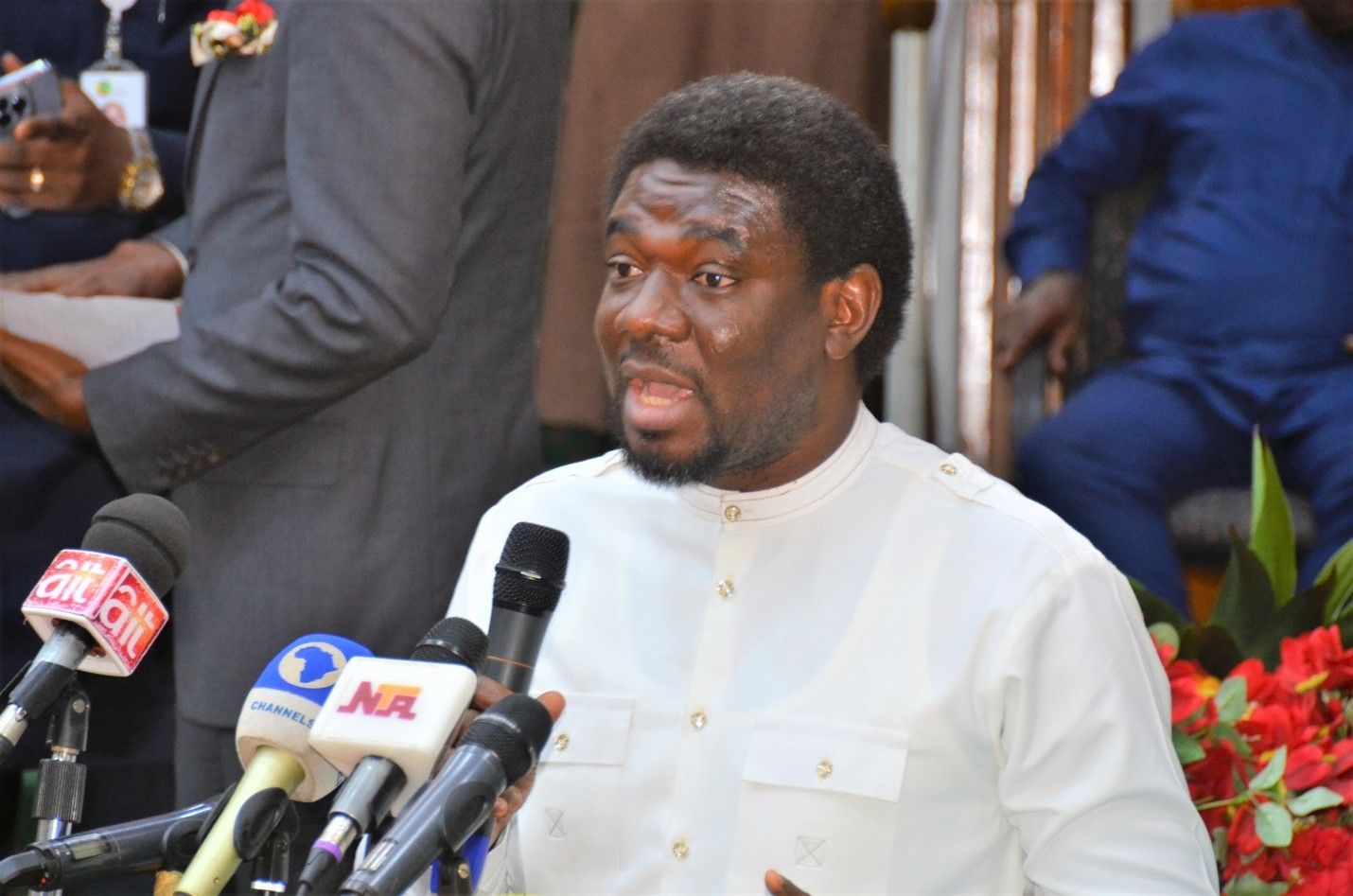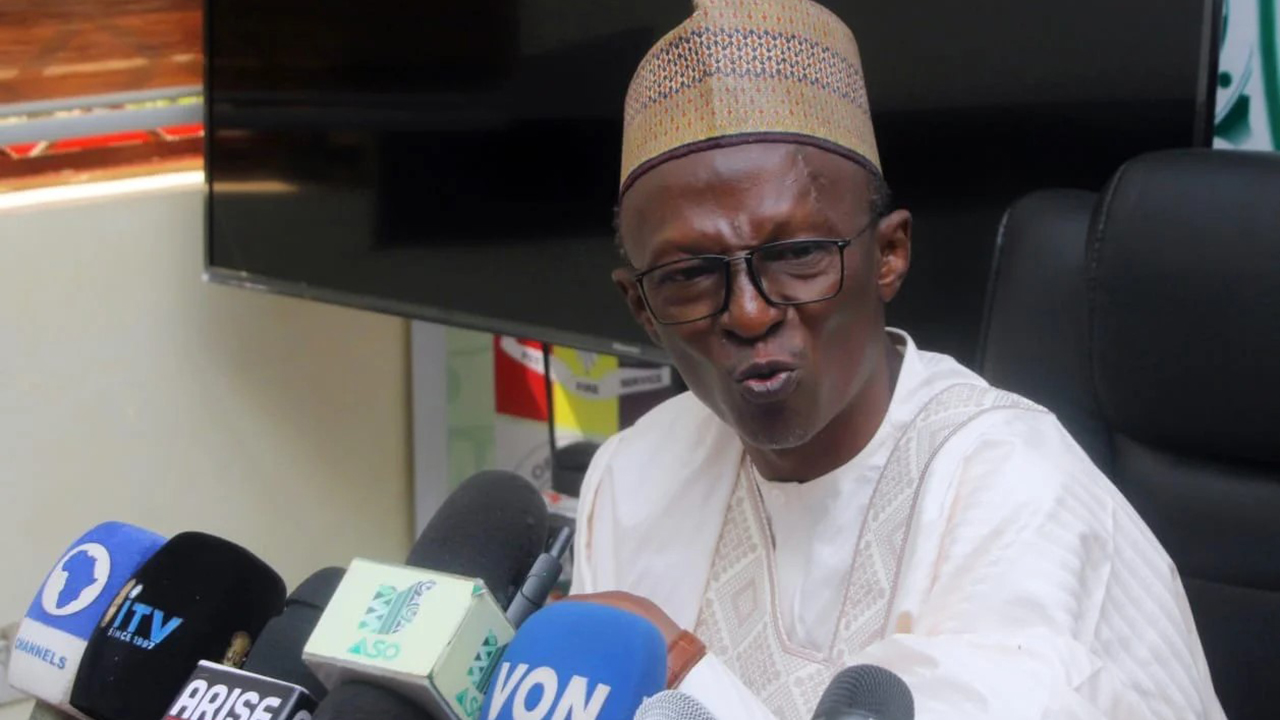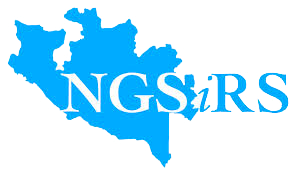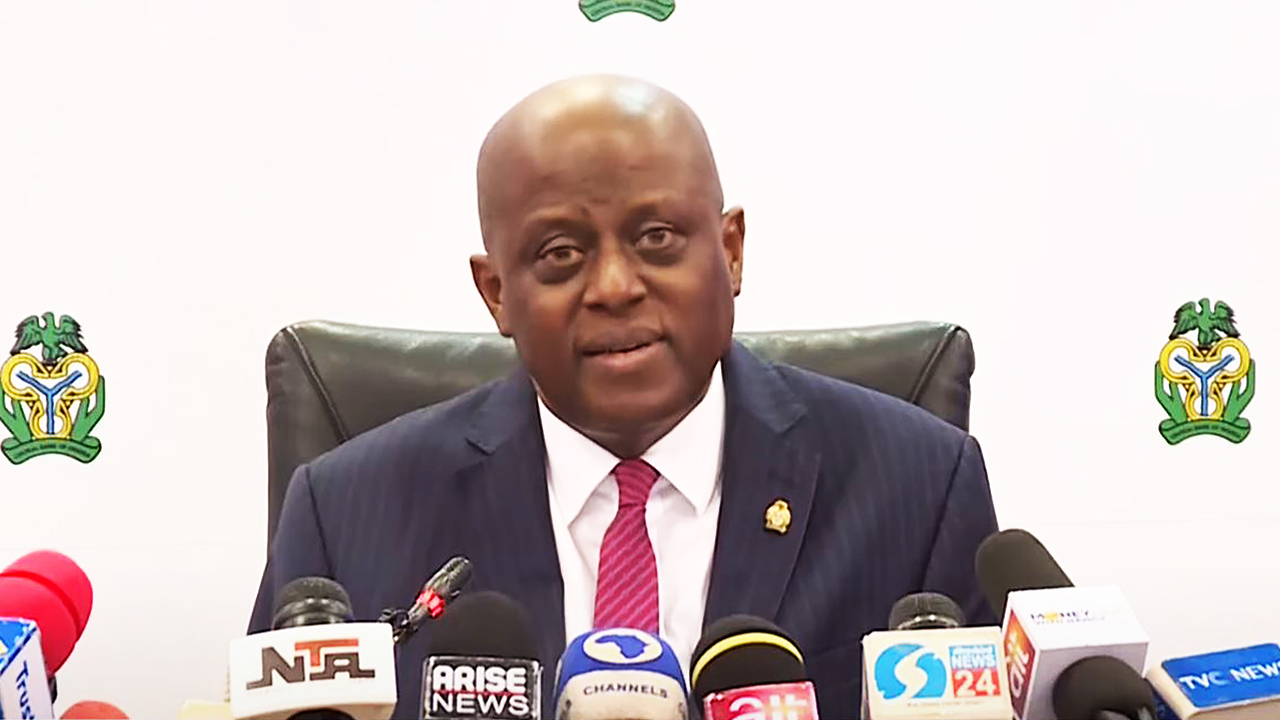News
New minimum wage announcement on May Day not feasible – TUC president

The Trade Union Congress of Nigeria (TUC) President, Mr Festus Osifo, has said that the much-awaited new minimum wage may not be announced on May 1.
Osifo said this while speaking with newsmen on Friday in Abuja.
”The negociation by the Tripartite Committee is still on going. If you remember, the TUC earlier submitted N447, 000 as the new minimum wage but we have harmonised our figure with the Nigeria Labour Congress (NLC) .
“It is now N615,000. Regarding the when for the new minimum wage, the committee is still working.
“So, certainly, May 1, will not work for the pronouncement of the new minimum wage. Except if the Federal Government wants to pay the minimum wage of N500, 000 to workers,”he said.
He however said that the N615,000 demanded by the organised labour is not sacrosanct.
”The government also has its markup and so conversations and negotiations will start and end somewhere, ‘he said.
He also noted that before organised labour arrived at that amount, a proper study was conducted.
”If you look at the N615. 000, you will think that the amount is right but at about the time we did that computation, a dollar was about N1, 700.
”I am hopeful that the committee will meet after May 1,” he said.
NAN reports that the 37-member tripartite committee on minimum wage set up by the Federal Government to continue further negotiations and consultations on the new minimum wage.
The National Minimum Wage Committee is chaired by former Head of the Civil Service of the Federation, Bukar Aji, with other members drawn from the Federal Government and State Governments, the Private Sector as well as the Organised Labour.
Shettima notes that though decisions made to salvage the economy remain inevitable, the Federal government is not oblivious of the short-term implications, assuring Nigerians of better days ahead
He urged the committee to be diligent and consult widely in arriving at a fair and decent wage that can alleviate the sufferings of the people.
News
We’re prepared against floods in FCT – FEMD


The Federal Capital Territory Emergency Management Department (FEMD) says it is well prepared to prevent residents from dying to flooding in the territory.
The Director of the department, Mr Mohammed Sabo, gave the assurance in an interview with the News Agency of Nigeria (NAN) in Abuja on Monday.
Sabo explained that the department had all the data required to put prevention and mitigation measures against flooding in the FCT.
“Sometimes in February, the Nigerian Meteorological Agency (NiMet), released the 2024 Seasonal Climate Prediction report.
“The Nigeria Hydrological Services Agency (NIHSA) has equally released the 2024 Annual Flood Outlook.
“These are the documents we used in preparing for the rainy season.
“As such, we have all the critical data needed to adequately prepare our prevention and mitigation measures against flooding,” Sabo said.
He said that based on the reports, FCT might not be in danger, but all the surrounding states of the territory were susceptible to flooding.
He said that in response to the prediction, FEMD had adequately put measures in place to ensure effective response to the likelihood of flash floods in the territory.
“I assure you that we are well prepared to respond to any flood that may occur in the FCT,” he insisted.
The director added that the department would equally mount signposts to enlighten and caution residents on the dangers of flood and install additional barricades in flash flood areas.
“We are ready to collaborate with our stakeholders to ensure that all the roads that experience flash floods during the rainy season are barricaded to prevent vehicles from plying them.
“This is to prevent loss of lives to flooding during rainy seasons,” he said.
News
Niger generates N7.03bn IGR in Q1 2024


The Niger State Government says it generated more than N7. 03 billion as Internally Generated Revenue (IGR) between January and March 2024.
Alh. Mohammed Etsu, the Executive Chairman, Niger State Internal Revenue Service (NGSIRS), made the disclosure in an interview with the newsmen in Minna on Monday.
Etsu said that by that impressive collection in the first quarter of the year the service had recorded about 170 per cent growth in its 2024 IGR collection.
“We are glad to announce that the Niger State Internal Revenue Service (NGSIRS) has recorded a remarkable 170 per cent growth in its first quarter 2024 internally generated revenue collection.
“By the service’s official report, a total of N7.03 billion was collected for the months of January, February, and March 2024,
“This has significantly surpassed the N2. 60 billion collected during the same period in 2023.
“We strongly believe that with this feat, the service is on track to meet its 2024 budgetary IGR target of N5 billion per month.
“No doubt, we are putting all necessary mechanisms in place to achieve this goal,” he assured.
The NSIRS chairman, however, attributed the substantial increase to the robust support received from the state Governor, Alh Mohammed Umaru-Bago, and the effective strategies implemented by the service’s management.
Etsu explained that it was the support of the new administration that resulted in the service’s total collection of N21. 67 billion in 2023.
According to him, the 2023 collection was a significant improvement from its N16. 84 billion collected in 2022.
The executive chairman thanked the state government and the staff of the service for their unalloyed cooperation and support to the service.
He, however, called on tax payers not to relent in payment of the statutory duties in order not to incur the wrath of the law.
“This impressive growth in IGR collection is a testament to the effective leadership and strategic initiatives of the NGSIRS, which means well for the economic development and prosperity of Niger State,” he said.
News
Project monitoring, evaluation key to successful outcomes – Cardoso


The Governor of the Central Bank of Nigeria (CBN), says monitoring and evaluation of development projects is crucial to the overall success of such projects.
Cardoso said this on Monday in Abuja at the opening of a regional workshop on Project Management, Monitoring and Evaluation organised by the West African Institute for Financial and Economic Management (WAIFEM).
The CBN governor was represented by Dr Yusuf Bulus of the monetary policy department of the CBN.
According to him, the world today is tense with challenges across all sectors.
“Resources are increasingly becoming inadequate to address these emerging challenges.
“Managing scarce resources has become very necessary in a very tight fiscal environment which is characterised by growing human conflict, geo-economics fragmentation, cost of living crunch, and climate change.
“These conditions have put pressure on public finances, and government has to implement fiscal measures to balance competing priorities with available resources,’’ he said.
He said that as government and organisations assessed, designed, and implemented crucial interventions, an important component of project management and implementation that required due attention was the monitoring and evaluation design.
“The monitoring and evaluation framework is the foundation of any development project and is key to its successful implementation and in achieving envisaged project goals and objectives,’’ he said.
The Director-General of WAIFEM, Dr Baba Musa, said that the success of projects depended on the identification of the defining moments throughout the phases of the project execution.
Musa said that this encompassed the life circle of the project, which includes initiation, planning, execution, monitoring, evaluation, and closure.
According to him, you can perform an evaluation test after every phase to ensure that progress is sustained up to the end of the project.
“Poor management of project outcome can result in the objectives of the project not being realised.
“Monitoring and evaluation are in this regards, a continuous management function to assess if progress is made in achieving expected results.
“They will also help to spot bottlenecks in implementation and highlight whether there are any unintended effects or risks,’’ he said.
According to hom, the workshop is expected to equip participants with skills in setting up and implementing projects on how the monitoring and evaluation system worked.
The News Agency of Nigeria (NAN) reports that WAIFEM is a collaborative sub-regional capacity building organisation established in July 1996 by the central banks of five Anglophone West African countries.
Its mission is to develop human and institutional expertise in the field of macroeconomic, fiscal, debt and financial management for central banks and other relevant MDAs.
-
capital market2 years ago
Rt.briscoe, FBNH, Others halts negative performance of stock market
-
Finance3 months ago
Court orders Sen. Victor Umeh to repay N136m bank debt to AMCON
-



 Abuja Update2 months ago
Abuja Update2 months agoUNDP, FG partnership needed to achieve inclusion, equity- Minister
-
Abuja Update1 month ago
Banks drive stock market performance with N147bn gain
-



 Business2 weeks ago
Business2 weeks agoTingo Group unveils Tingo Electric, Tingo Cola drink at Lagos launch
-



 Health3 weeks ago
Health3 weeks agoCapacity training will reduce migration of health workers- NPHCDA
-
News4 months ago
Oil thieves sponsoring malicious media campaign against Navy – Spokesman
-



 Infotech1 month ago
Infotech1 month agoWorld Backup Day: NITDA urges Nigerians to ensure backup of data






